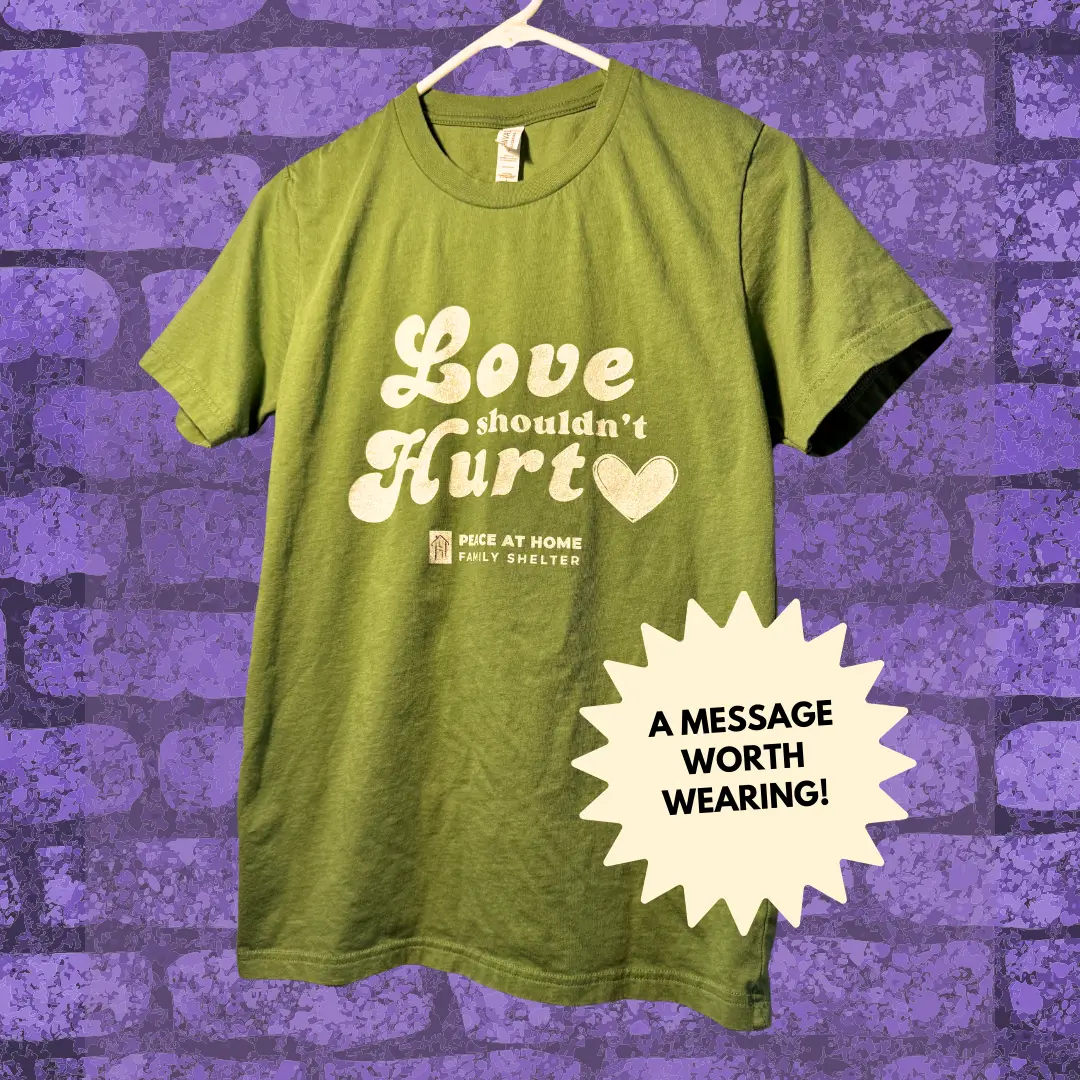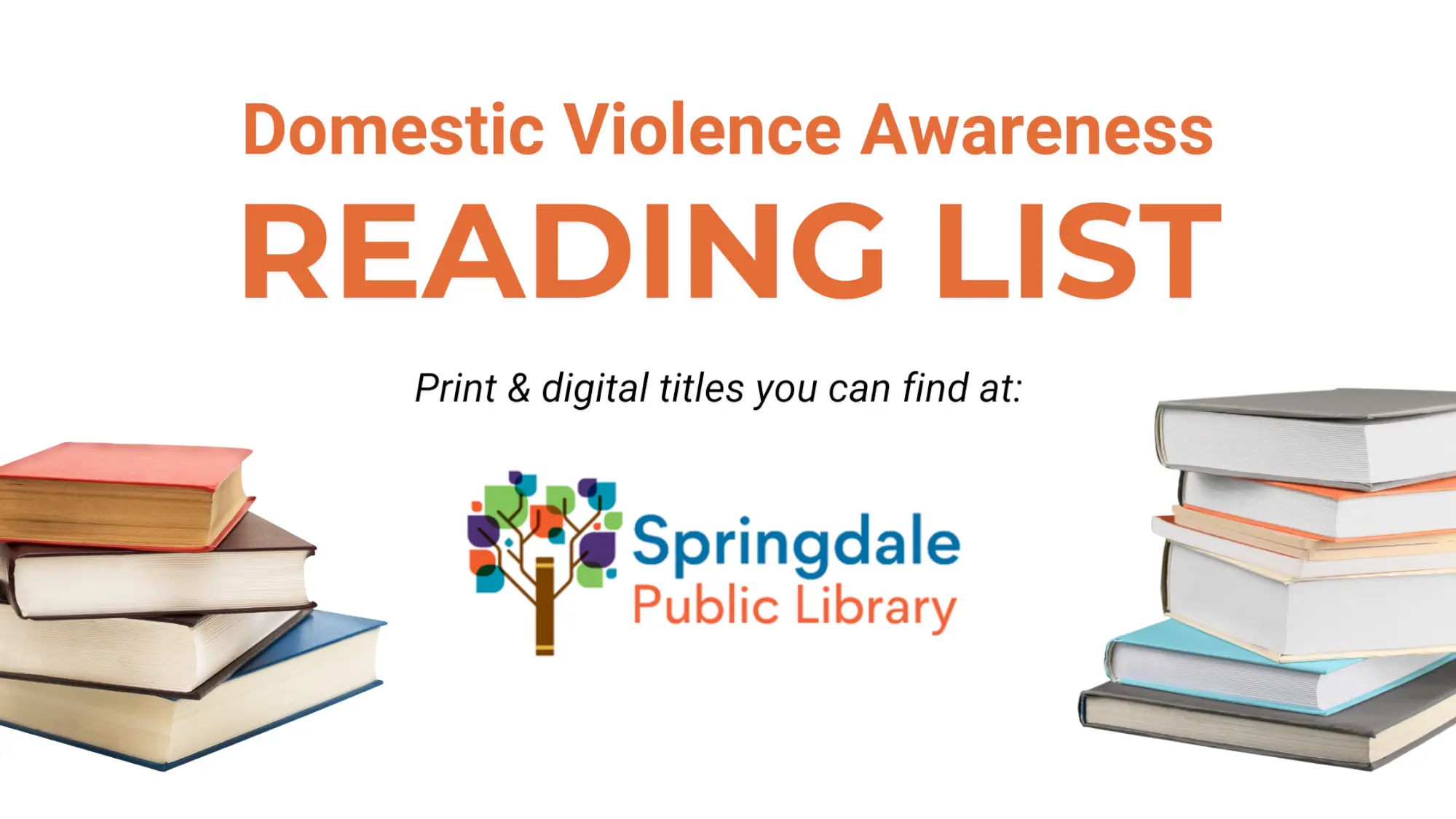
You've found out that your friend, or someone you know, is an abuser... what now?
Knowing that your friend is exhibiting unhealthy or abusive behaviors in their relationship(s) is difficult. You may not know what to do. You might even feel it isn’t your place to say anything or place judgement.
Peace at Home wants you to know that you’re not alone and that these feelings are completely normal. Finding out that a friend is abusive will forever change the way you see that person, and in that way, it is very similar to loss. Make time to sit with and acknowledge your own feelings.
If you choose to vent to someone about this information, make sure that you’re not putting the survivor in danger by talking to a mutual friend or family member. If you are unsure your support system is safe to talk with about the abuse, give Peace at Home a call! If you have any questions about the dynamics of domestic violence or safety planning, we’re here to support you.
The safest, most important thing for you to do is support the survivor. Often, the desire to protect our friends, especially those who have marginalized lived experiences and identities, is overwhelming. But evidence shows that people rarely lie about abuse.
If possible, offer resources or a listening ear to your friend’s partner. If you’re interested in talking to your friend about their abusive behavior, make sure to gain consent from the survivor first. Not getting the consent of the survivor could result in them being harmed further in retaliation.
Acknowledging your friend’s abusive behavior will likely be awkward, difficult, and sad. Every domestic violence situation is different, and what you do with this information needs to be handled very carefully so that everyone involved stays safe. Here are 5 topics to consider before making the choice to talk to your friend about their abusive behavior:
It’s crucial to think of your own safety before confronting someone who has been abusive. If you feel comfortable starting a conversation, start gentle with questions like, “How are you and [partner’s name]?” The goal is to encourage your friend to admit that they're feeling stress in the relationship and that they could use some help dealing with that “stress.”
Approach the conversation from a place of love while owning your words, feelings, and judgments. This often looks like using tentative phrases that begin with “I feel that…” “I could be wrong, but I think that…” “It seems to me like…” and so on. Do not speak for the survivor of abuse unless they’ve asked you to.
An abusive person is extremely unlikely to respond positively to being told that they are an abuser. Understand that you could risk endangering the victim if you press too hard to make them admit they are a perpetrator of relationship abuse.
Unfortunately, most people with abusive behaviors are unwilling to change. Abusive behaviors are often learned attitudes and feelings of entitlement, which can be difficult to unlearn. If your friend expresses a willingness to change and receive help, consider referring them to the National Domestic Violence Hotline.
National Domestic Violence Hotline advocates are available 24/7 to assist victims of domestic violence as well as abusive partners seeking help. It’s important to note that your goal is not to convince your friend that they need help with their abusive behavior. Instead, focus on being able to offer resources if the opportunity arises.
Remember: Peace at Home is here 24/7 to support victims of domestic violence through our crisis hotline, emergency shelter, legal assistance program, counseling services, and much more.
Remind your friend that no matter how bad things get, violence is never the answer. One’s past is also not a reason to hit or hurt your partner. For example, a difficult and traumatic childhood should never be used as justification for violent behavior.
This could also be an appropriate time to talk about consumption of alcohol and its impact on abusive behavior. While excessive drinking can make instances of abuse worse, it is not the root cause of abuse and never an excuse for violence.
While it is important for you to try and approach your friend about their behavior, they may not want to listen. Understand that only your friend can take the steps toward change and that change does not happen overnight. Many individuals who choose harm will engage in this pattern again. Strongly consider either distancing yourself from this person or establishing new boundaries and expectations in your friendship.
You are not alone. Domestic violence impacts the lives of countless individuals across the world. If you need to speak with someone about domestic violence or abuse, call Peace at Home Family Shelter at 479-442-9811 or send us an email at help@peaceathomeshelter.com.
If you’re worried about a friend and their abusive behaviors toward their partner or spouse, please contact the National Domestic Violence Hotline at 1-800-799-7233 or text “START” to 88788.
If you have been abusive toward your partner and are interested in receiving help, please contact the National Domestic Violence Hotline at 1-800-799-7233 or text “START” to 88788.
If you are experiencing domestic violence and need assistance, please contact Peace at Home at 479-442-9811 or send us an email at help@peaceathomeshelter.com.


